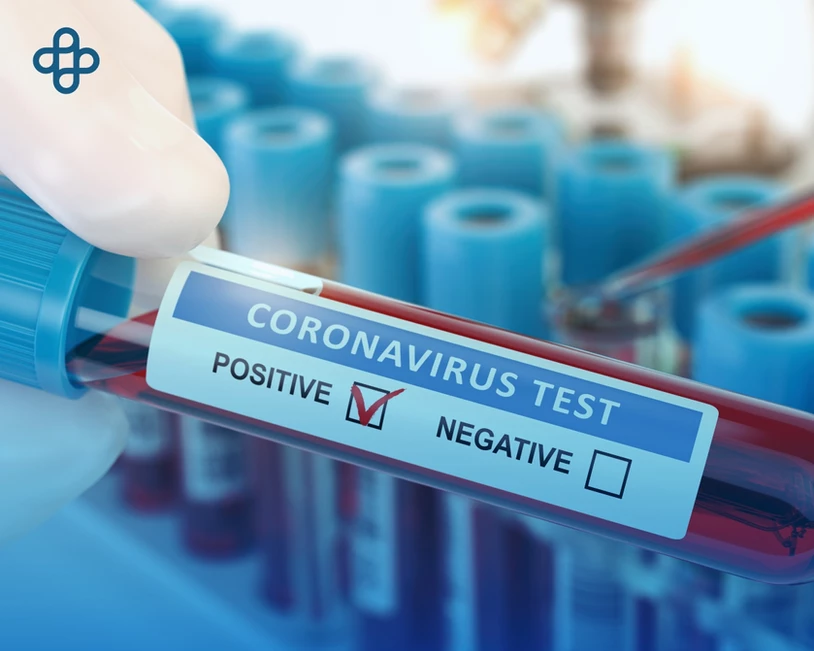Advancements in COVID-19 Treatment: A Global Effort. Scientists worldwide are working on the search and development of treatments to combat COVID-19.
If your COVID-19 test result is positive you are at higher risk of severe illness. There are available treatments that help reduce your risk of hospitalization or death from the disease.
A healthcare provider must prescribe the medications for the treatment of COVID-19. Which should be initiated as soon as possible once the diagnosis is received, to be effective. Contact a healthcare provider immediately to find out if you are eligible for treatment. Even if your symptoms are mild at the moment.
Do not delay. It is important to start treatment within the first few days of symptom onset for it to work.
People at higher risk of severe illness include older adults (aged 50 and older, whose risk increases with age). Unvaccinated people, and people with certain conditions, such as a weakened immune system.
Go Vaccination significantly reduces the risk of serious diseases. However, some vaccinated individuals, especially if they are 65 years of age or older have other risk factors for severe illness. May benefit from treatment if they become ill with COVID-19. A healthcare provider can help you decide if there is a treatment that may be helpful and which one.

Types of COVID-19 Treatment
The FDA has granted Emergency Use Authorization (EUA) to certain antiviral medications and monoclonal antibodies for the treatment of COVID-19. This is for mild to moderate cases in people at higher risk of severe illness.
Antiviral treatments: target certain parts of the virus to prevent it from multiplying in the body and help prevent severe disease or death. Monoclonal antibodies: help the immune system recognize the virus to react to it more effectively. They may be more or less effective against different variants of the virus that causes COVID-19. COVID-19 Treatment The National Institutes of Health (NIH) published Guidelines for the Treatment of COVID-19 for healthcare providers. The idea is to help them determine the best treatment options for their patients. There are several options available for treating COVID-19 at home or in outpatient settings.
Some treatments may have side effects or interactions with other medications you are taking. To find out if taking medications for the treatment of COVID-19 could benefit you, you have several options:
Consult with your healthcare provider Contact your community health center or health department If you are hospitalized, your healthcare provider may use other types of treatments, depending on the severity of your condition.
These could include medications to treat the virus, reduce excessive activity of the immune response, or treat complications caused by COVID-19.
Prevention Medications
Taking the right medications for COVID-19 can help you. Some people have been seriously harmed or even died from taking products that have not been approved to treat or prevent COVID-19.
Even products approved or prescribed for other uses. Talk to a healthcare provider to inquire about the possibility of taking medications to treat COVID-19.
If you want to learn more, visit our article on What Are Stem Cells?





